Royal Welsh College of Music and Drama
fri16feb1:00 pmRoyal Welsh College of Music and DramaBridging la Manche
Event Details
Liberté, Egalité, Fraternité and the “island nations” of classical music Standing together at the edge of Europe, France and England share inextricably intertwined geopolitical histories: in turns ruled together, fighting each other,
Event Details
Liberté, Egalité, Fraternité and the “island nations” of classical music
Standing together at the edge of Europe, France and England share inextricably intertwined geopolitical histories: in turns ruled together, fighting each other, competing for empire, and joined in war against a common enemy. And they are also linked by a strange relationship with the European classical tradition: both have had some composers at the very forefront of their art, the greats amongst their contemporaries; but there have also been droughts – huge swathes of music history, most noticeably the all-important classical and early romantic periods, in which neither nation has produced any composers of note.
Our geography – the narrowness of the channel – makes artistic similarities inevitable, and it’s also easy to see why these two stand outside of the mainstream: Britain is an island nation, set apart from mainland Europe; and France has a sustained history of warring with its Teutonic neighbours – from pre-Roman times up to the end of the Second World War.
This programme compares contemporary composers from the musical high- and politically notable- points of both nations’ histories: the early polyphony of Josquin des Prez and Robert Parsons; the Lully-influenced opera of Purcell and Rameau; turn-of-the-century Parry and Debussy, who both died in 1918; and their successors Ravel and Vaughan Williams.
Josquin des Prez – Ave Maria
Robert Parsons – Ave Maria
Jean-Philippe Rameau – Suite from Dardanus
Henry Purcell – The Married Beau
Hubert Parry – Songs of Farewell
Claude Debussy – Préludes
Time
(Friday) 1:00 pm(GMT+00:00)
Location
Royal Welsh College of Music and Drama
Castle Grounds, Cathays Park, Cardiff CF10 3ER


